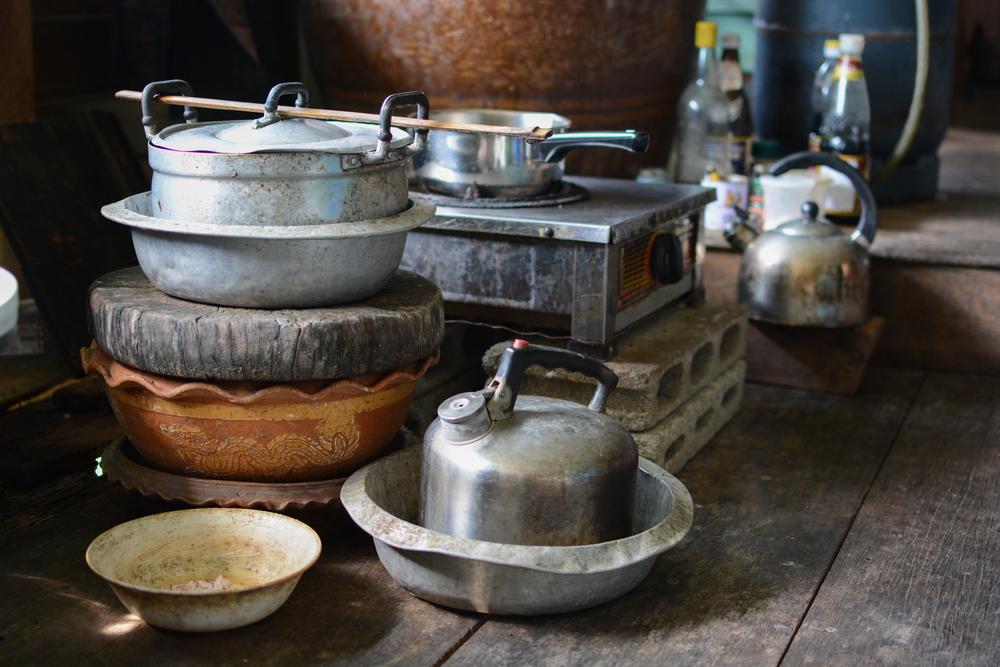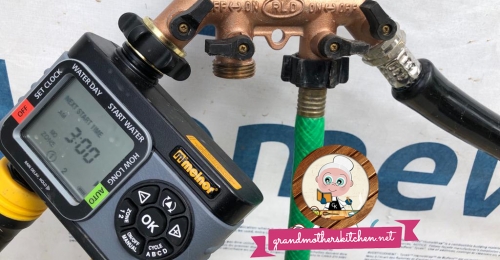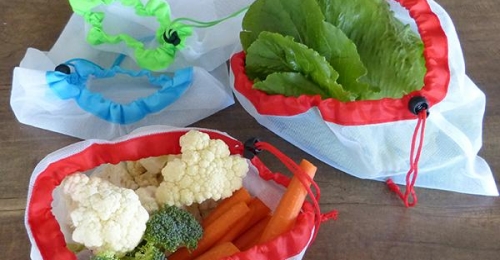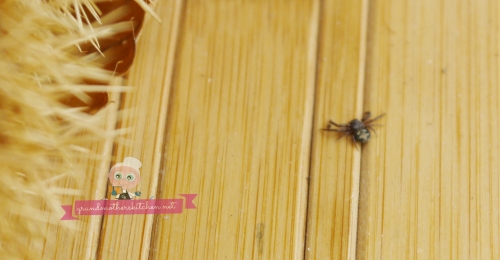Product Reviews On Different Types of Cookware
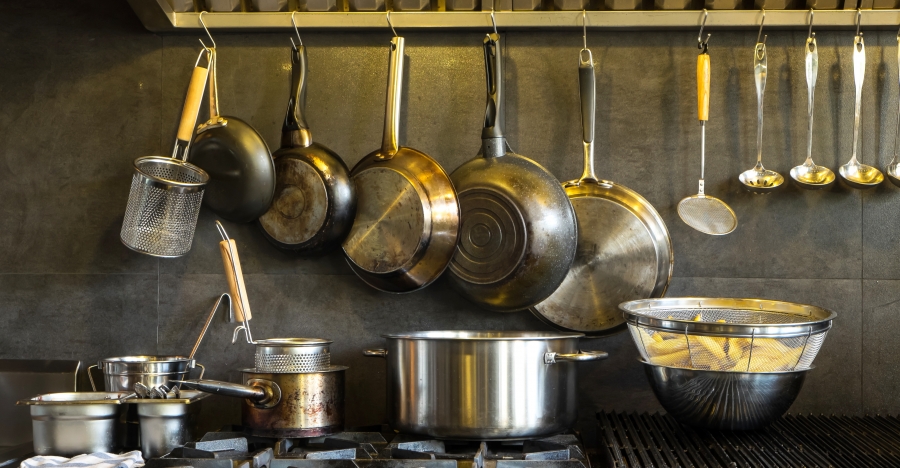
About this Recipe
Is it time to upgrade your kitchen cookware? Or maybe you're starting from scratch and don't know where to begin. There are so many different cookware styles made with a variety of different materials for a wide range of different prices, so how do you know what cookware is best for you? In the case of cookware, the most expensive items may not actually be the best. The first step is to assess the cookware you already have and see what you would like to replace and what you need to add to your set. You can check out open stock which are the individual pieces of cookware instead of buying an entire set. That way you can save some money and get the exact pieces you want in your cookware collection. Consider the pieces of cookware you would use on a regular basis by thinking about how you cook and the types of meals you make regularly. The different materials of pots and pans will make them good for different types of cooking and foods.
You also want to think about how your cookware will match your kitchen and appliances as well as how they will sit on your range. So flat bottom pans are great for flat ceramic ranges while round bottom pans are good for gas ranges. If you have an induction cooktop, your pots and pans will need to have magnetic properties, so it's a good idea to bring a magnet with you when you're shopping and see if it is attracted to the bottoms of the pans to make sure they work for your induction cooktop. The coating on a pan will refer to the pure aluminum that has been changed to a hard surface. Cladding are the layers of the metal that are fused together to create the pot or pan.
Every cookware set needs an assortment of skillets, pots and pans including a stockpot. Buying a complete set isn't the best choice if you're not going to use every pot in the collection since you'll just have pieces of cookware taking up space in your cabinets. You can look around online to get a sense of what you like, but to get a real sense of the cookware, you'll have to go into a store and handle it to see how it feels in your hand. If a pan is too heavy, you may not want to use it as much. Also, check that the handles are easy to grab onto and see if the pans can be washed in your dishwasher. Another nice feature is to see if the pans can be taken from the stovetop to the oven so check their heat tolerances too.
So for Stainless Steel, you'll get a durable and easy to clean pot or pan that's great for browning and braising. The stainless steel also doesn't react when it comes into contact with food, and it gives you quick and even heating. They're also dishwasher safe too making clean up easier. They can be a bit tricky to clean though if food gets burned onto them. But adding some water to the pan and bringing it to a boil can really help to loosen up the stuck on gunk. You may also still want a Nonstick pan especially for frying and making foods like pancakes or eggs. With a nonstick pan, you'll have something that's really versatile and easy to clean. Just add some dish soap and scrub until clean. You'll also find you use less oil when you have a nonstick pan too.
Enameled Cast Iron pans are great to have for searing, frying, browning and sauteing. They are also great to transfer from the stove into the oven and then act as a serving dish too. These pans last a long time when you take proper care of them. Uncoated Cast Iron is a classic pan that has been used throughout generations. It's super durable and can withstand high heats. Although the upkeep of the uncoated cast iron pans is a bit more intensive, you have to season them regularly with oil, and you can't wash them in the dishwasher. They are best to be washed by hand using a very mild soap and then seasoning them right after.
Carbon-Steel and Blue Steel are considered professional grade cookware because they are designed for high-performance cooking. These pans are super versatile and easy to clean after each use but still need to be seasoned like cast iron pans. Copper pans look really nice, and they also provide even and fast cooking. They also cool down fast so you can have some control over the heat you're using. Make sure you find 1⁄16 to 1⁄8 inch thick copper which will last longest. Copper cookware can be expensive, but it's worth the investment if that's what you really want. Aluminium cookware is an affordable option, and people like it because it's lightweight, but it tends to stain easily.
No matter what type of pot or pan you buy make sure you do your research and find out which style and material will work best for your everyday life. Think of all aspects of the cookware to understand how you can cook with it, what recipes you can use it for and how you'll be able to clean it. Taking all of these things into account will help you make the best decision for your cookware collection so you can have pots and pans that last you a long time.
